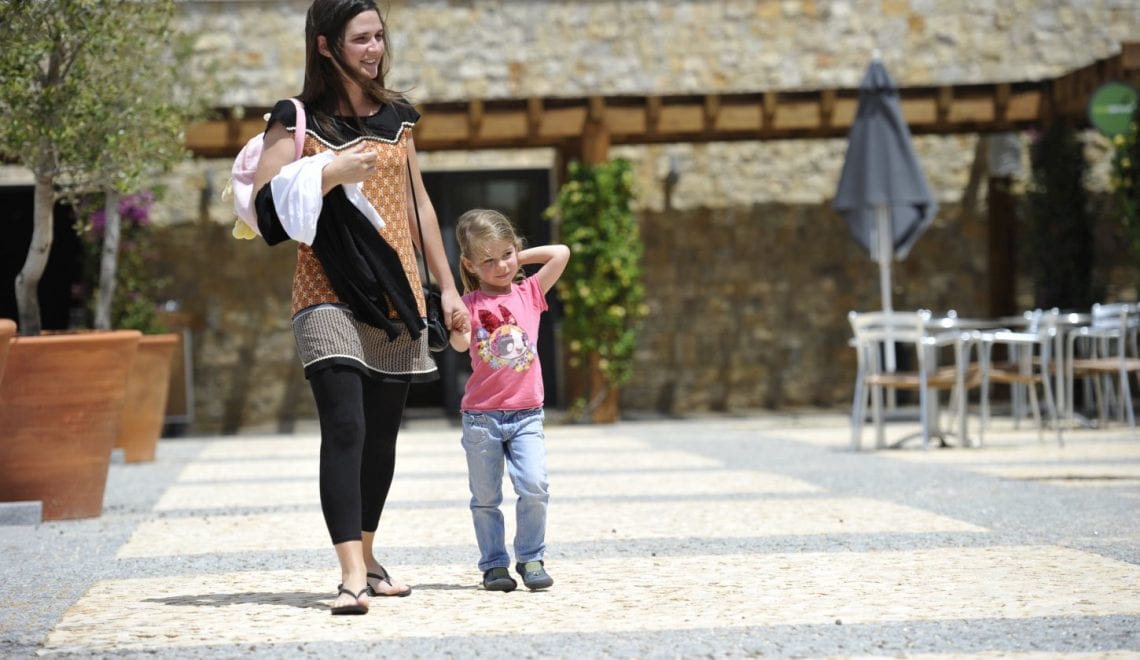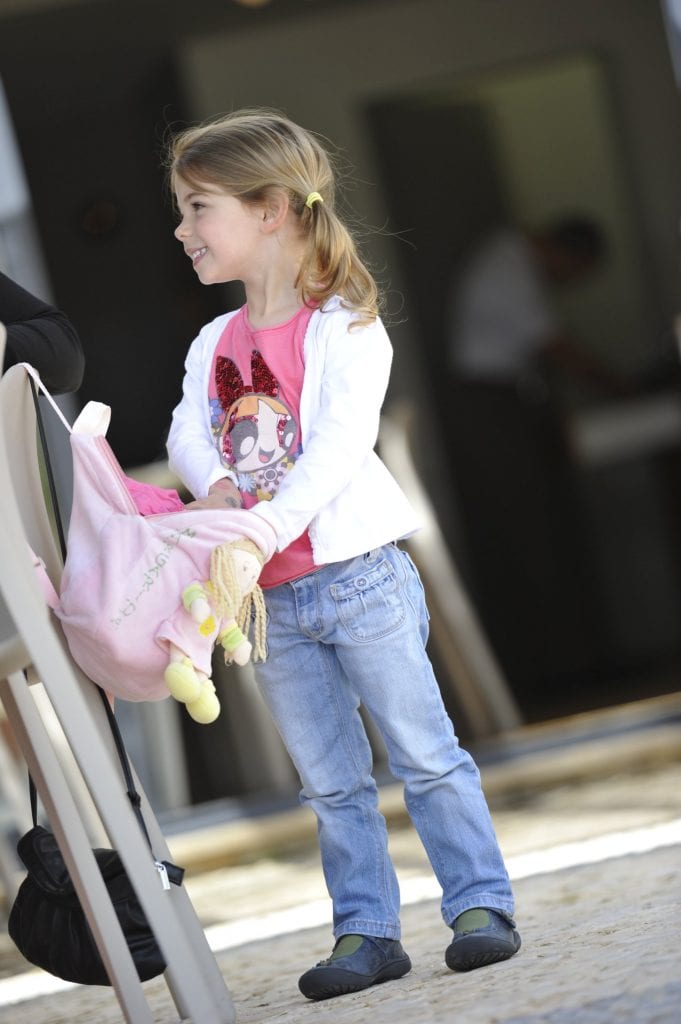How To Talk About Money Around Our Children?

Speaking about ones finances can be one of the more tedious topics in our lives. It is a subject that evokes so many emotions. Stress, happiness, pressure, elation and jealousy to name but a few. Every family’s financial situation is different but there is a very strong chance that each family will at some point or another experience the full spectrum of emotions. It is all relative.
Many people will tell us that we should not discuss our finances in front of the children. It is believed to be an unhealthy topic for their little ears. It may fill them with stress or anxiety that they are too young to feel. We do not want to expose them to an adult topic that their future lives will be so very consumed by.
On the other hand we want our children to understand that money does not grow on trees. We simply cannot afford to hand them every single toy that ask for. We want them to grow up with some kind of appreciation and respect for the things that they have in their lives. The belongings they have acquired the experiences they have been afforded.
Is there a way to gently talk about the subject of money with our children?
 We want to instil a sense of value within our children. We want to show them that they cannot have every item that they want. We also do not want them to take items that do not belong to them. When asked about the topic of children “stealing” an item because it is something that they want Dr Sears says that –
We want to instil a sense of value within our children. We want to show them that they cannot have every item that they want. We also do not want them to take items that do not belong to them. When asked about the topic of children “stealing” an item because it is something that they want Dr Sears says that –
“Many preschool children can’t curb their impulses. They see the toy, feel they must have it, and take it without any judgement as to the rightness or wrongness of the action. Instead of guilt, they feel relief that their craving is satisfied”.
According to Dr Sears children will eventually come to terms with the fact that the whole world does not belong to them. A seemingly straight forward idea but a very complex one for little minds.
There are gentle ways to introduce the idea of having to pay for things. For example, when playing make-believe with your child you could remind them that we have to pay for the items that we have just picked up at the supermarket. A subtle comment that will eventually sink in and seem normal to your young child.
Then comes the age where you might decide to give your child an allowance or some pocket money. This is a good time to discuss the idea of having to keep ones money somewhere safe. This instils the idea of it being something important and something that has value. If it is lost or forgotten it is not so easy to simply replace it.
Teaching our children the art of giving is very important also. Encouraging them to put money in to the charity boss is a very powerful tool in emphasising that some people are less financially fortunate than others.
While we do not want to discuss financial worries with our children we can always include them in some of the decision making processes. This sense of independence and trust is very valuable. For example, when choosing a new dishwasher you could talk about finding one that is “good value”. This introduces the idea of similar products having varying levels of cost. It may help your child understand why their toy is a little different to that of their friend.






